The Dhaka gold squeeze
The Bank of England was in the news because of the ‘gold squeeze’- traders moving gold from London to New York to profit from the price arbitrage. An informal version of this is taking place between Bangladesh and India.
 Courtesy: Investopedia
Courtesy: Investopedia
The Bank of England was in the news because of the ‘gold squeeze’- traders moving gold from London to New York to profit from the price arbitrage. An informal version of this is taking place between Bangladesh and India.
 Courtesy: Leibniz Association
Courtesy: Leibniz Association
A recent workshop on “Israel in Its Own Image: From 1948 to the Present” explored Israel’s history, society, and foreign policy through discussions led by Israeli and Indian experts. The week-long session held in India helped to sift the fundamentals from the narratives. It provided, a nuanced understanding of Israel’s challenges, political shifts, and diplomatic strategies in a rapidly evolving global landscape.
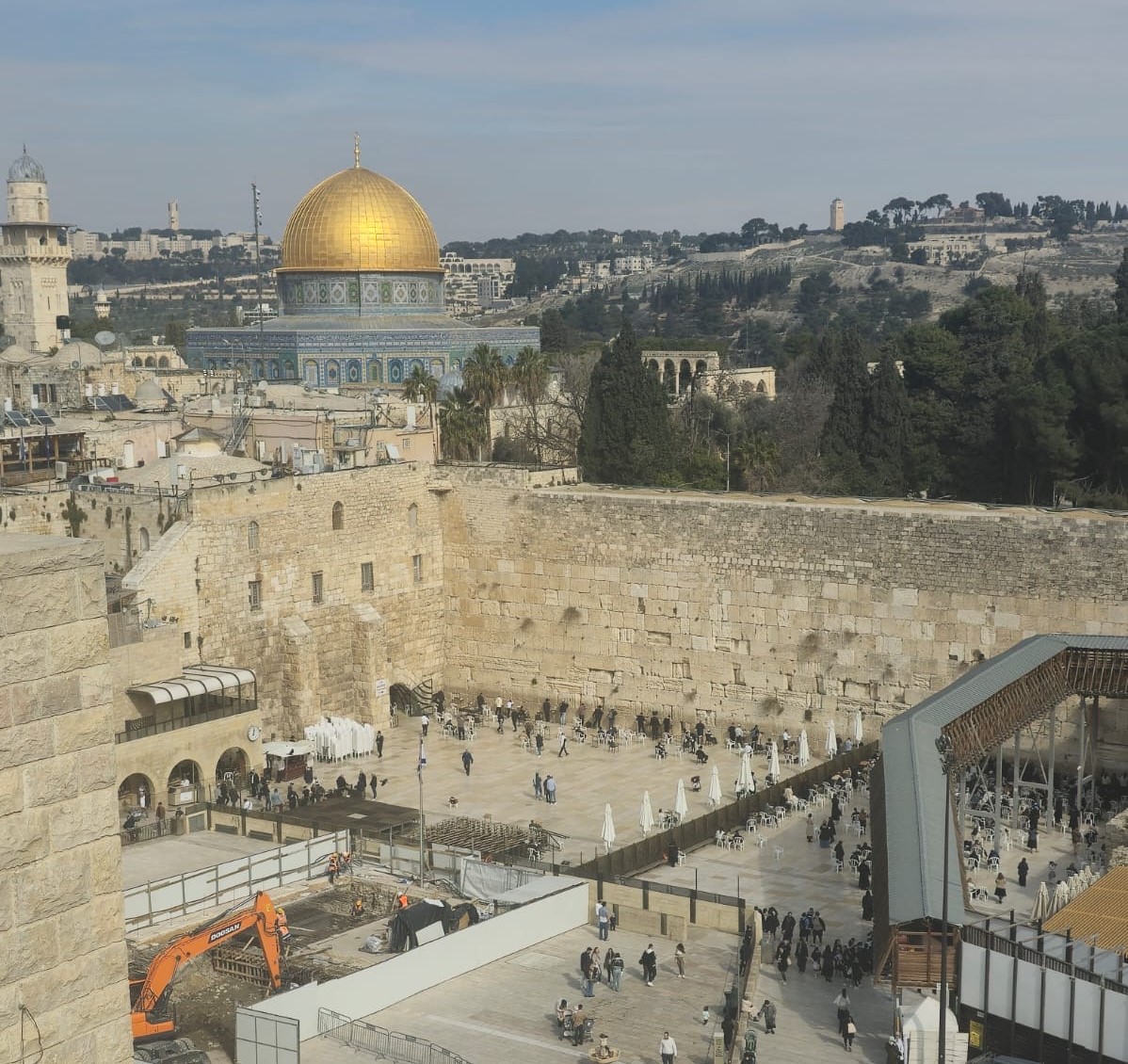 Courtesy: Gateway House
Courtesy: Gateway House
A visit to Israel in the last week of January coincided with the six-week ceasefire between Israel and Hamas and the 80th anniversary of the Holocaust in which 6 million Jews were killed during the Second World War. It revealed a country at war and in mourning, yet one whose natural resilience looked to the future with optimism.
 Courtesy: Gateway House
Courtesy: Gateway House
Japan's growing influence in India’s Northeast and Bay of Bengal region is proving to be a gamechanger, with the potential to transform its economic and geopolitical landscape. With cultural ties and strategic investments, states like Assam and Meghalaya hope to enhance development while fostering a mutually beneficial relationship with Japan. Additionally, the latter could help ensure wider regional stability given the tensions with Bangladesh and Myanmar.
 Courtesy: Reuters
Courtesy: Reuters
The 18 February bilateral negotiations between Russia and the U.S. to end the war in Ukraine, will take Russia out of western isolation and put it back into the global mainstream. This is a success for President Vladimir Putin, who has now been ruling Russia for 25 years, by focusing on domestic stability and development and a revival of relations with the West, China and India.
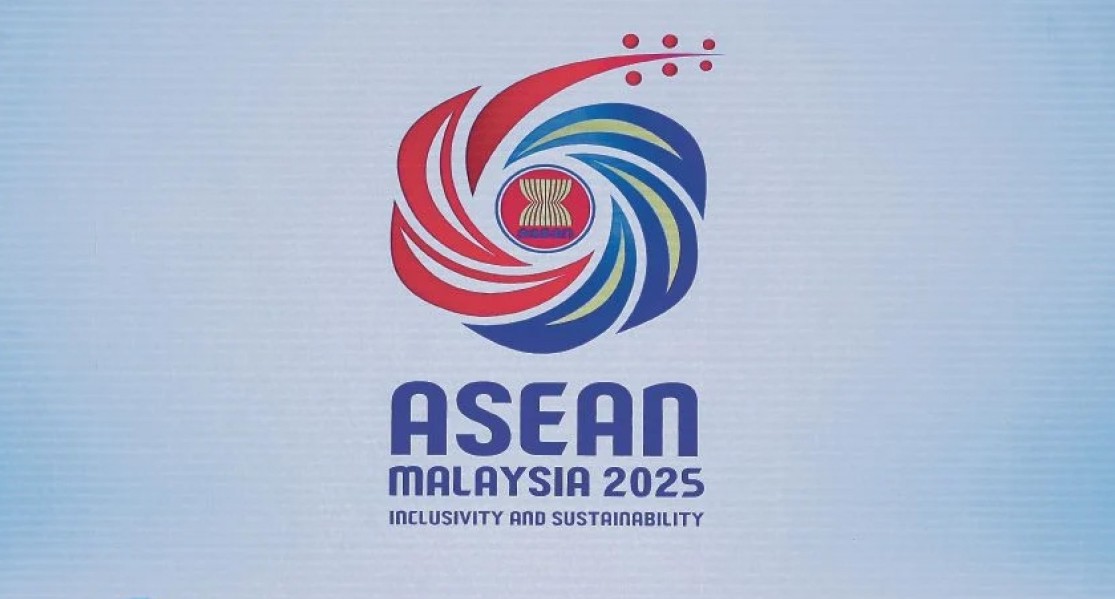 Courtesy: BERNAMA
Courtesy: BERNAMA
Malaysia’s chairmanship of ASEAN in 2025 is pivotal. It will have to steer ASEAN toward regional peace, stability, and prosperity while reinforcing its centrality. All this during a time of heightened geostrategic rivalry, economic deglobalisation, rising protectionism, and nationalist trends.
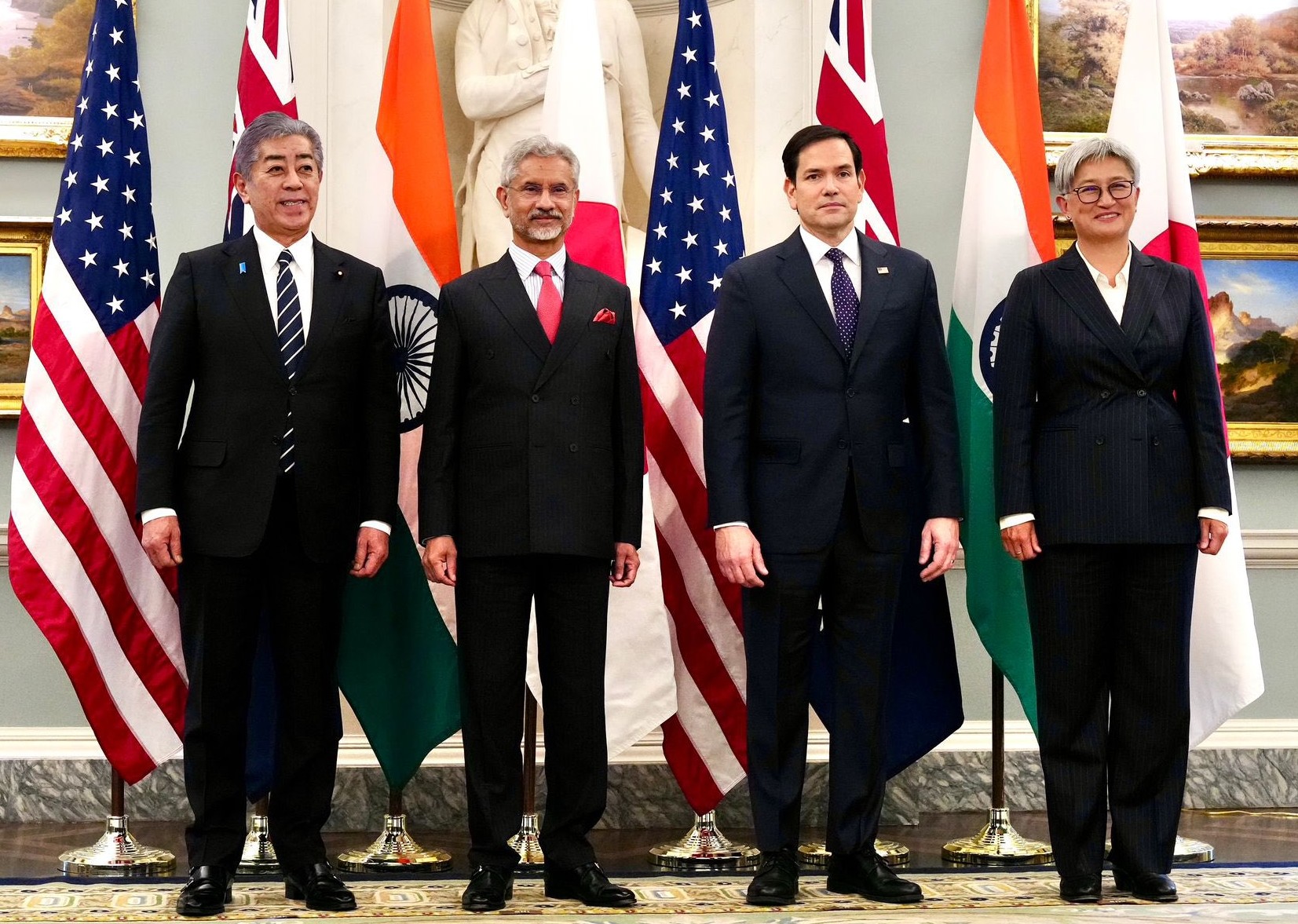 Courtesy: X
Courtesy: X
The first plurilateral meeting attended by new U.S. Secretary of State Marco Rubio was the Quad, a day after assuming office. The meeting reinforced the commitment to the Indo-Pacific but with the change in government, the Quad's trajectory in 2025 remains a question. Part of the answer lies in its past interactions, while the rest depends on how the U.S. and India will approach China.
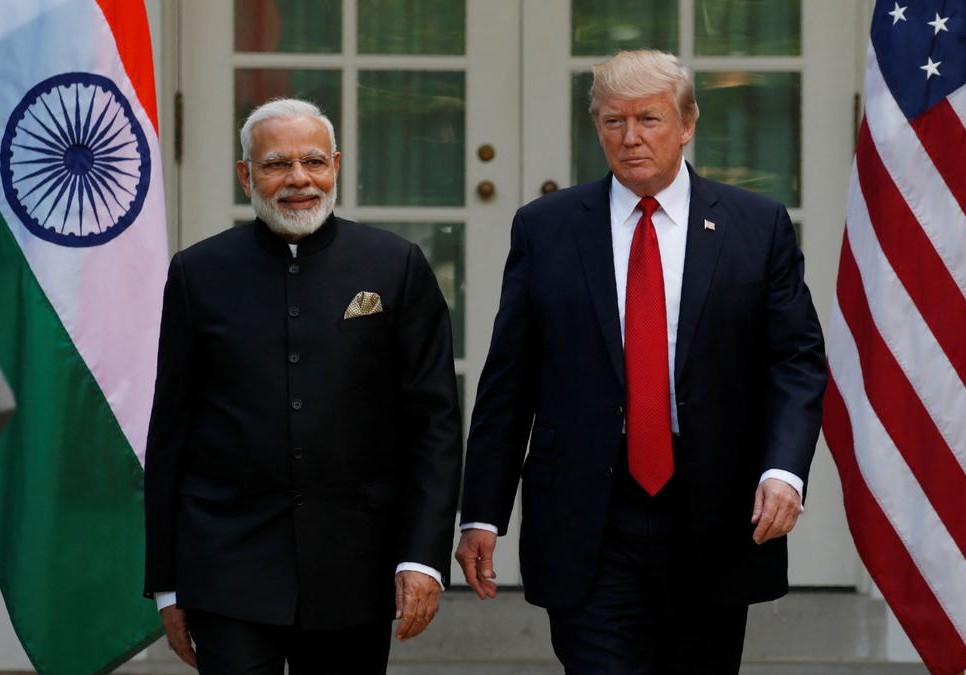 Courtesy: Reuters
Courtesy: Reuters
India and the U.S. have a big agenda, bilaterally and geopolitically, to discuss when Prime Minister Narendra Modi and U.S. President Donald Trump meet in Washington on Feb 12-13. Trade, China and migration are central points of discussion. So will ensuring that Trump allies with India on its neighbourhood as an area of common concern. The big election win in New Delhi will strengthen Modi’s negotiating hand.
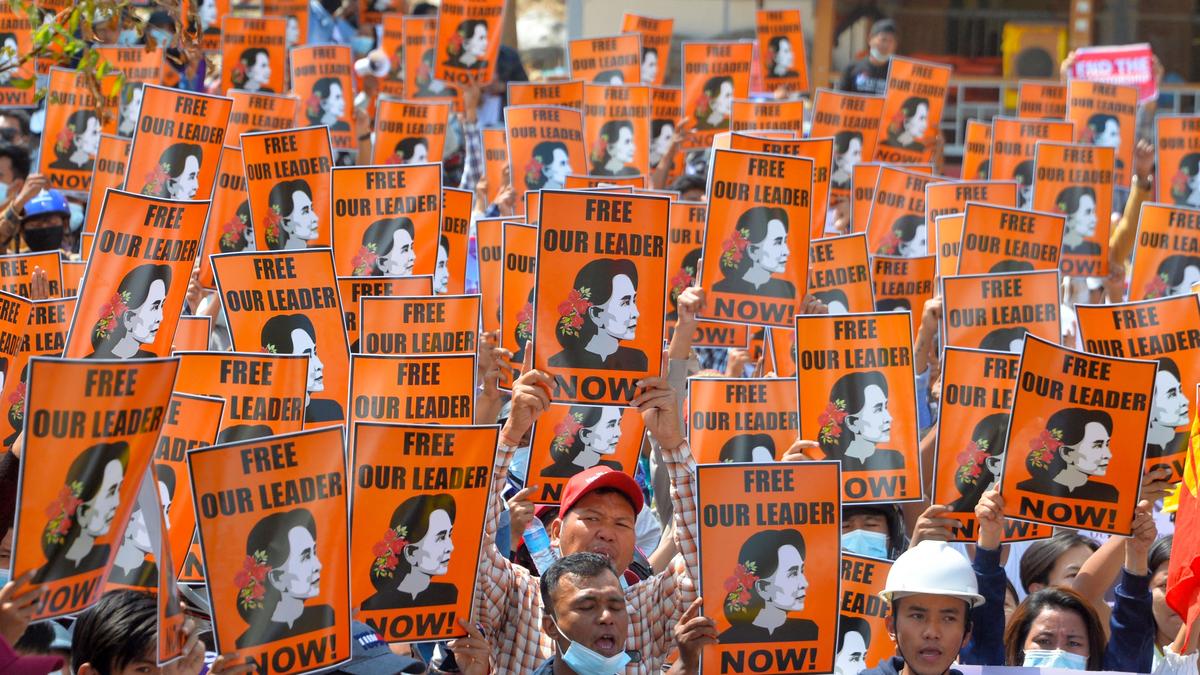 Courtesy: AFP
Courtesy: AFP
February 1 marks four years of the military coup in Myanmar, which plunged the country into a bloody civil war, still on-going. The crisis is deepening, as the struggle between the Junta forces and a fragmented resistance wages on with no resolution in sight. A stalled mediation by ASEAN, and lack of consensus amongst neighbouring countries on how to help, leaves Myanmar’s future uncertain.
 Courtesy: Gateway House
Courtesy: Gateway House
The UN turns 80 this year. How is it being judged? Both disparagingly and with admiration says Ruchira Kamboj, Former Permanent Representative of India to the UN. In this podcast with Manjeet Kripalani, Executive Director, Gateway House, she explains the now-diminished U.S presence, the growing influence of China, the scope for reform and India’s position as an emerging global power.